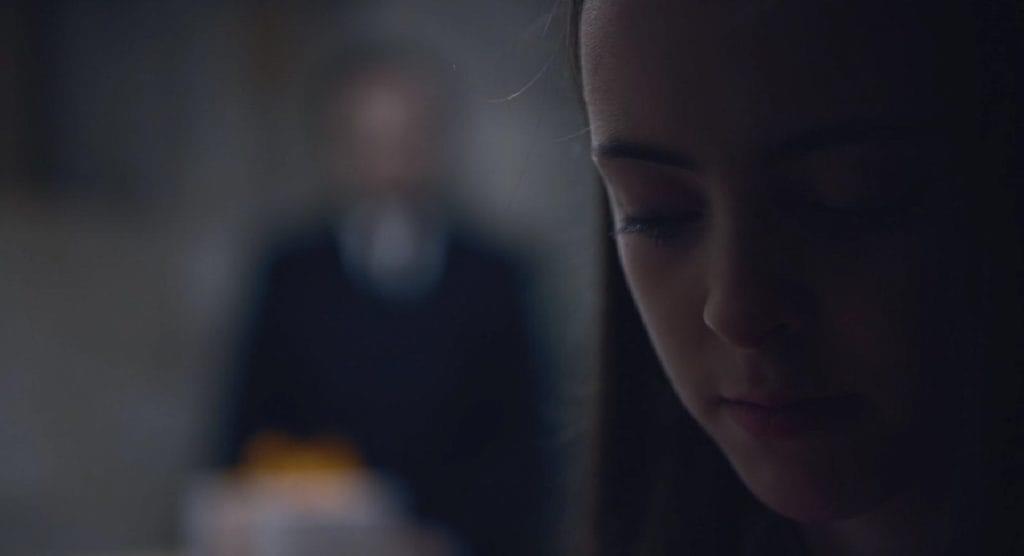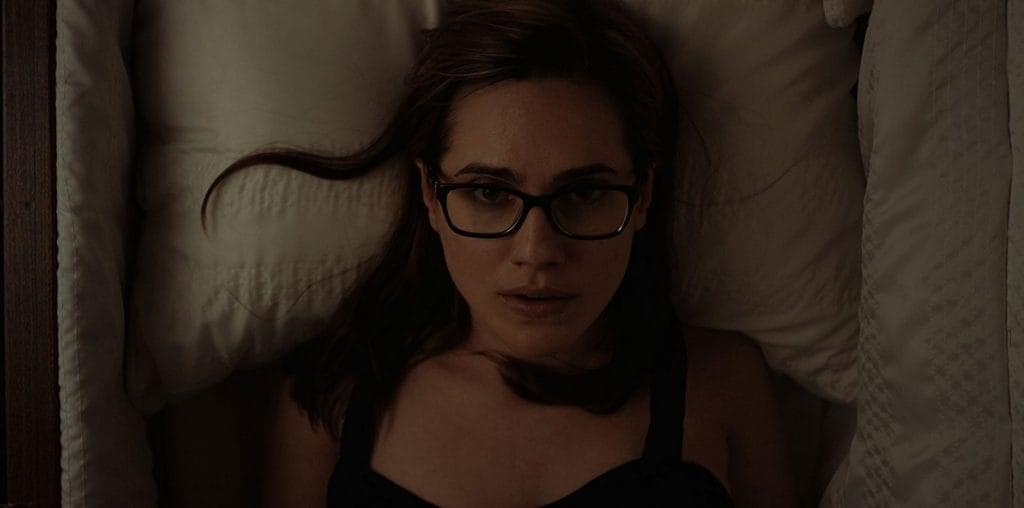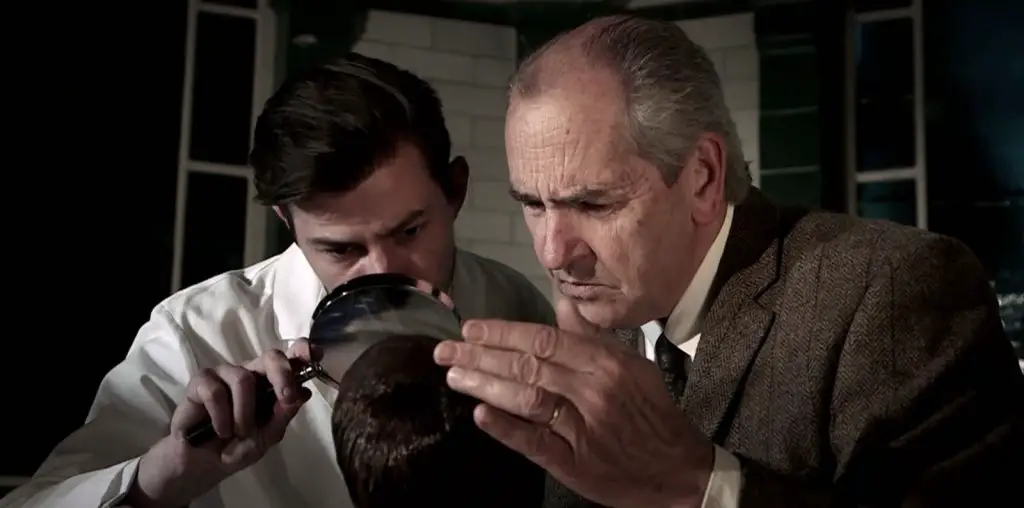
The Passing On opens with a statistic of the dwindling number of black-owned funeral homes in the United States, from about 3,000 in the 1950s to a little over 1,000 today. A recent Guardian article cites competition from chains, a growing acceptance of funeral alternatives (such as direct burial and cremation), and a dwindling number of successors to the often family-run business as reasons for the steady decline.
James Bryant, the primary focus of the documentary, entered into the business in exactly that way, mentored by his Uncle Eddie in San Antonio, Texas. In turn, Bryant serves as a mentor for the local college, where he takes on interns to show them the delicate process of preparing loved ones for their final viewings with families. Bryant does it all, from embalming to funeral prep to delivering sermons to burial. For the better part of four decades, he has devoted himself to the post-life care of black members of his community. He has pride in his job, evident from his steady, detail-oriented processes, and understands the gravity of his work and what it means for all he serves.
One of his interns is Clarence Pierre, a focused, lovable student who professes to have lifelong aspirations for the business but does not always see eye-to-eye with Bryant on the importance of working within a race-specific environment. Despite considering himself a devout Christian, Pierre does not see the inherent allegiance to working within a funeral home that caters exclusively to a clientele that has not always embraced his sexuality. As a gay young man, we learn of Pierre’s struggle both internally and in his immediate familial and social circles, which drives him to seek employment upon graduation with a community that would embrace him without judgment.
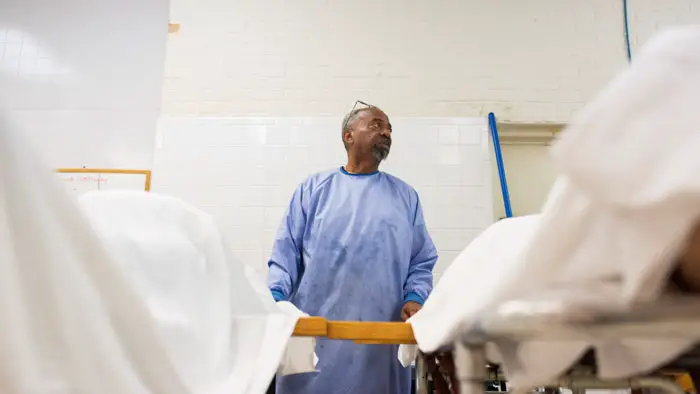
“…[James Bryant] has devoted himself to the post-life care of black members of his community.…”
And though The Passing On opens with the statistic as mentioned earlier, it remains decidedly intimate. We follow Bryant’s routines while learning about his military service and subsequent addiction issues resulting from PTSD. For him, the funeral home community served as a safety net throughout his struggles and a calm harbor during stormier times in his life.
Throughout, director Nathan Clark and cinematographer/ producer Tim Grant keeps the lens tight but unobtrusive, allowing for natural interaction during the embalming process, showing the humane approach to the clinical procedure. Bryant is a worthy subject to spotlight, and it is easy to see why he has earned respect and adulation within the community. His life travels have provided him with sage-like wisdom that escapes naturally in even the most seemingly innocuous conversations. He sees the changing world and attitudes before him yet reveres the history of his responsibilities. In one particular scene in which Pierre admits to weighing his post-graduation career choices outside black funeral homes. While Bryant understands the young man’s decision, he wants him to appreciate the value of his ability to have options, eloquently stating: “For this generation, the sky is the limit, but don’t forget the launching pad.”
The Passing On gives viewers a glimpse of one man’s role in families’ most emotionally charged moments of life. And it tenderly captures just how he realizes the importance of his role as an usher through the journey and openly shares the wisdom he accumulates along the path.
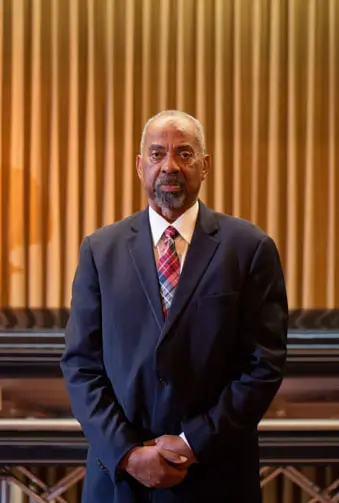
"…remains decidedly intimate."
